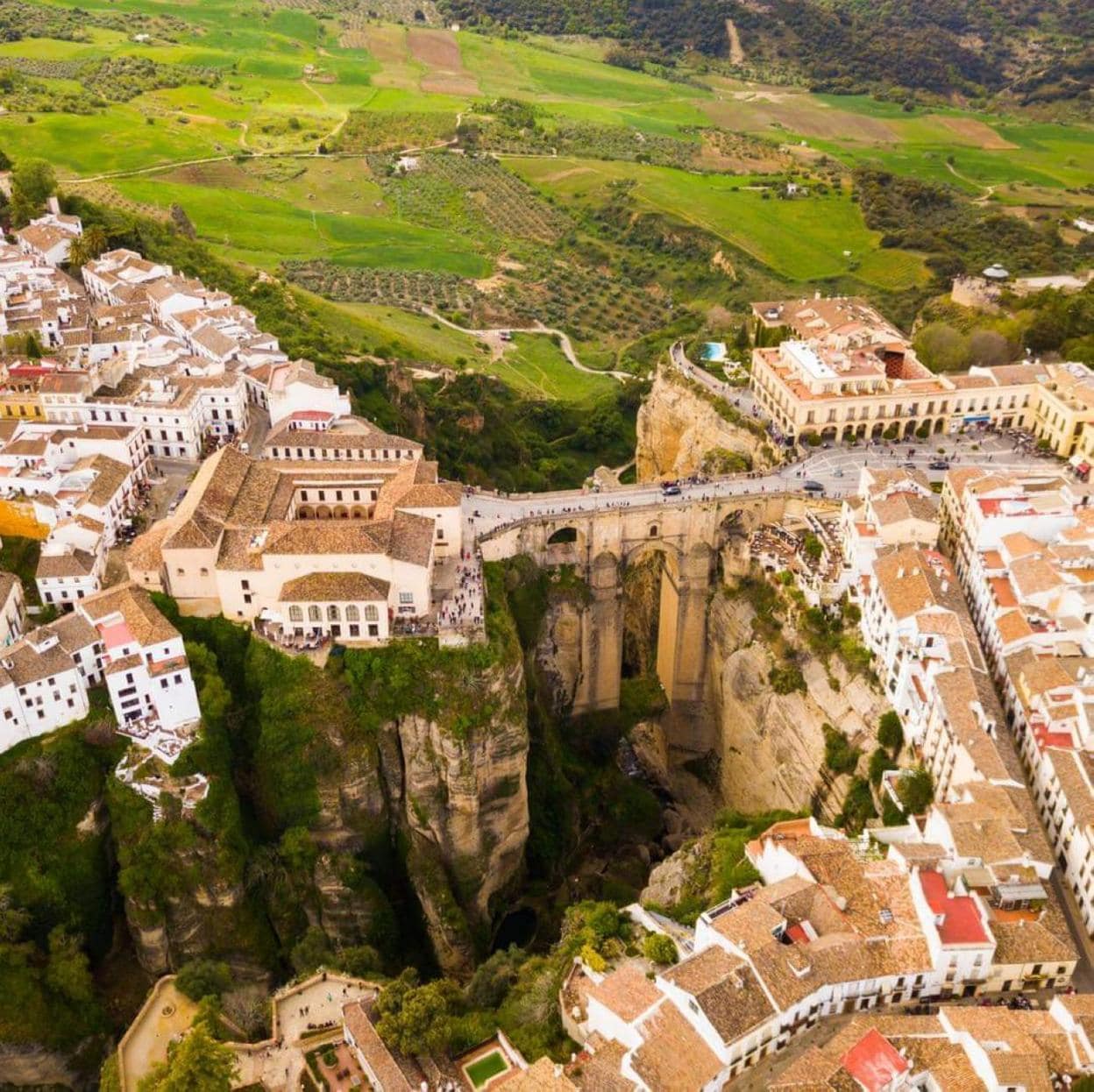
Ronda: an Iberian name with little meaning
RONDA ·
The origin of the town's name lies in Arunda, an Iberian toponym given by the Romans that became Runda during Muslim ruleSections
Highlight

RONDA ·
The origin of the town's name lies in Arunda, an Iberian toponym given by the Romans that became Runda during Muslim rulevanessa Melgar / tony BRyant
Friday, 27 January 2023
How did Ronda get its name? According to the archaeologist at the local town hall, José Manuel Castaño, the toponym has Iberian origins. He claims it derives from the name Arunda, which the Romans gave the settlement: later, during the time of the Muslim occupation, Arunda became Runda and, from there, the name changed to reach the modern day place name of Ronda.
"It is a toponym of Iberian origin that was Latinised and then, with the Muslims, became Runda. The corresponding linguistic processes led to the conversion of the vowel u into o. It had already been cited by Pliny the Elder in Naturalis Historia (natural history) in a list of cities that were part of Hispania," says Castaño.
Some academics believe that Ronda was first settled by the Bastuli Celts in the sixth century BCE and that it was they who called it Arunda, however, Castaño fiercely denies this.
"Some people say that Arunda is of Celtic origin, but this is not true. No settled Celtic populations have been found in the case of Arunda or Acinipo. The origin is Iberian," he declares.
Acinipo is the other Roman town, whose remains are located around 20 kilometres from Ronda. According to the archaeologist, "Arunda and Acinipo were two different Roman towns, although probably within the same sphere of influence."
Castaño also claims that the name of Ronda, and those of Arunda and Runda, do not have any significance. "It has no meaning, everything that is said about it is not true," he says.
Some historians claim that Arunda was not really a name, rather a description, since they believed the word means "surrounded by mountains".
Likewise, Castaño points out that in the case of Arunda, no inscriptions have ever been discovered, unlike Acinipo, where archaeologists found coins in which this name was minted, along with bunches of grapes and cereals, which gave an account of the importance of these crops for the Roman population.
Castaño clarifies that it is true that Runda is cited in some cases in Arabic as a fortification or as a medina, adding other syllables, but he adds, "In general, the place name has not been excessively corrupted."
Finally, he clarifies that the area in which the Roman site of Acinipo sits is known as Ronda La Vieja, because it was believed that there was a transfer of the population of Acinipo to the current Ronda, claiming they "were two totally different urban entities".
Publicidad
Publicidad
Publicidad
Publicidad
Esta funcionalidad es exclusiva para registrados.
Reporta un error en esta noticia

Debido a un error no hemos podido dar de alta tu suscripción.
Por favor, ponte en contacto con Atención al Cliente.

¡Bienvenido a SURINENGLISH!

Tu suscripción con Google se ha realizado correctamente, pero ya tenías otra suscripción activa en SURINENGLISH.
Déjanos tus datos y nos pondremos en contacto contigo para analizar tu caso

¡Tu suscripción con Google se ha realizado correctamente!
La compra se ha asociado al siguiente email
Comentar es una ventaja exclusiva para registrados
¿Ya eres registrado?
Inicia sesiónNecesitas ser suscriptor para poder votar.